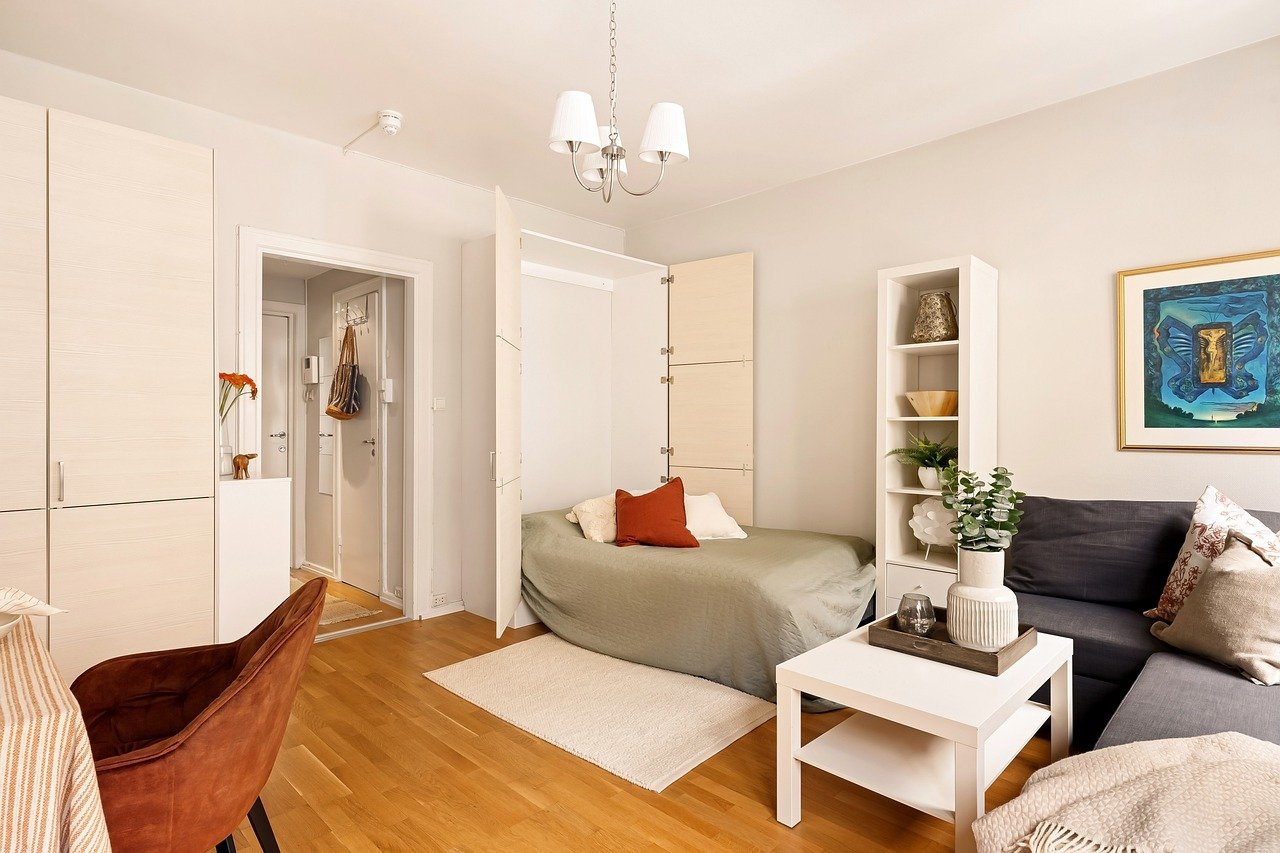Understanding Building Codes for Home Renovations
Building codes are often viewed as a hindrance by homeowners looking to renovate or build their properties. Many people believe that these regulations are unnecessarily strict and serve no real purpose other than to increase costs and slow down projects. However, this misconception couldn’t be further from the truth. Building codes are in place to ensure the safety and well-being of occupants, as well as to protect the integrity of the structure itself.
Another common misconception about building codes is that they are one-size-fits-all regulations that stifle creativity and individuality in design. Some homeowners worry that adhering to these codes will limit their options and prevent them from achieving the look and feel they desire for their homes. In reality, building codes are designed to provide a baseline of safety and quality standards while still allowing for flexibility and innovation in architectural and design choices. By working within the framework of building codes, homeowners can ensure that their projects are not only visually appealing but also structurally sound and safe.
The Purpose of Building Codes in Home Renovations
Building codes serve as regulations set forth by local governments to ensure that construction projects meet safety standards and uphold structural integrity. In the context of home renovations, adhering to these codes is vital to safeguard the well-being of both occupants and the larger community. Failure to comply with building codes can result in substandard work that poses risks of accidents, structural flaws, or hazards within the property.
Moreover, building codes play a crucial role in maintaining property values and preserving the aesthetics of neighborhoods. Consistent enforcement of these guidelines helps prevent haphazard construction practices that could detract from the overall appeal and functionality of residential areas. By following building codes during home renovations, homeowners contribute to the overall quality and longevity of their properties while ensuring compliance with legal requirements.
Are building codes really necessary for home renovations?
Yes, building codes are essential for ensuring the safety, structural integrity, and overall quality of a home renovation project.
What are some common misconceptions about building codes?
Some common misconceptions include thinking that building codes are just an unnecessary expense or obstacle, or that they only apply to new construction projects.
How do building codes impact the cost of a home renovation?
While adhering to building codes may increase the upfront cost of a renovation project, it can actually save money in the long run by preventing costly mistakes and ensuring the project is done right the first time.
Can I get away with not following building codes during a home renovation?
It is not recommended to skip or ignore building codes during a renovation, as doing so can result in serious consequences such as fines, safety hazards, and difficulty selling the home in the future.
How can I ensure that my home renovation project complies with building codes?
To ensure compliance with building codes, it is best to work with a licensed contractor who is familiar with local regulations and can help navigate the permitting process. Additionally, conducting research and consulting with building inspectors can also help ensure compliance.






